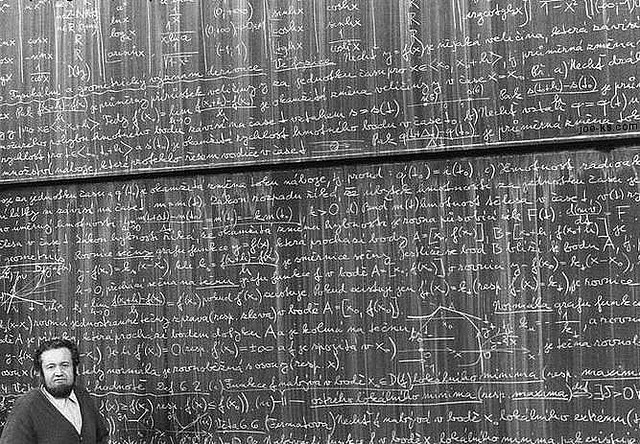Recently, the OECD released a report on Math scores throughout the world and Canada, and Manitoba was on the bottom of the list in terms of achievement.
For a variety of reasons, Manitoba learners seemingly do not have the skills and knowledge associated with Mathematics literacy compared with other students across the country and globe. Manitoba’s newly appointed Minister of Education, James Allum, came out early this month indicating that the Manitoba government would look closely at the issues, but he had no answers. And why should he? Learning is complex.
Not having the answers unfortunately does not stop many within the field of Education to issue remedies to the fact that Manitoba kids don’t do well in one area on a test that may or may not actually demonstrate literacy in mathematics. And what I mean by people “within the field of education,” I refer to the general population. Everyone is an expert. Anyone who has ever been officially educated is most certainly able to comment on how people should be educated. Personally, I am an expert on prostate exams, air traffic control, and bridge design and construction. Look out world, life is about to get more interesting.
Unfortunately, we often forget the bigger questions: Why? Why do we educate? Why is Math important? How do people learn Math? How do people teach Math?
Without this critical reflection, we often end up with polarized debates between those who wish we go back to basics – remembering an age when everything was better – and those who wish that we toss out curricula, outcomes, and standards altogether.
I recently witnessed such a conversation on the Twitter. Several bigwigs in education within Canada started scoffing at those who wish to get back to “traditional” methods of teaching Mathematics. Under the premise that they knew what good teaching and learning looks like in every classroom with every learner in every community, they attacked people who suggested that memorization in math is ridiculous. Is it? When I taught Math, it sure helped us have way more fun when we knew that 5 times 5 was 25. My daughter, who is five, knows that 2 plus 2 is 4. She just knows it. She does not have to bring two apples together and then bring two apples together and then count the total. Is memorizing math facts a bad thing? I’ll ask my neighbour this, as she built a deck last summer.
On the other end of the spectrum, there are some who would suggest that kids figuring out strategies on their own to math computation and mathematics is a sign of societal collapse. If we aren’t drilling kids on math facts and formula, then planes will start falling out of the sky. Really? My Grade 5 students from a few years ago loved playing around with models. KenKen puzzles became a favourite warm-up activity. Through inquiry and application, many learners were awakened to the beauty of Math and figured out how things really work.
Perhaps there is some middle ground. I am not sure where I stand. But, before we can think about strategies and start calling on faculties of Education to smarten up and teach teachers how to teach math, or to tell the Province to redevelop the math curriculum, or tell demand subject specialists in Middle School, or investigate the poverty and hope are indicators of math scores, can we not start with a collective process of questioning why we and how we learn Math? Is it okay that Korean kids are better at Math? I don’t know. My concern is how better Mathematics literacy will make Manitoba learners feel empowered to make positive change in their lives and our society. Is this not the purpose of Education?
___
Matt Henderson is a Social Studies teacher at St. John’s-Ravenscourt in Winnipeg. He can be reached at @henderson204.
